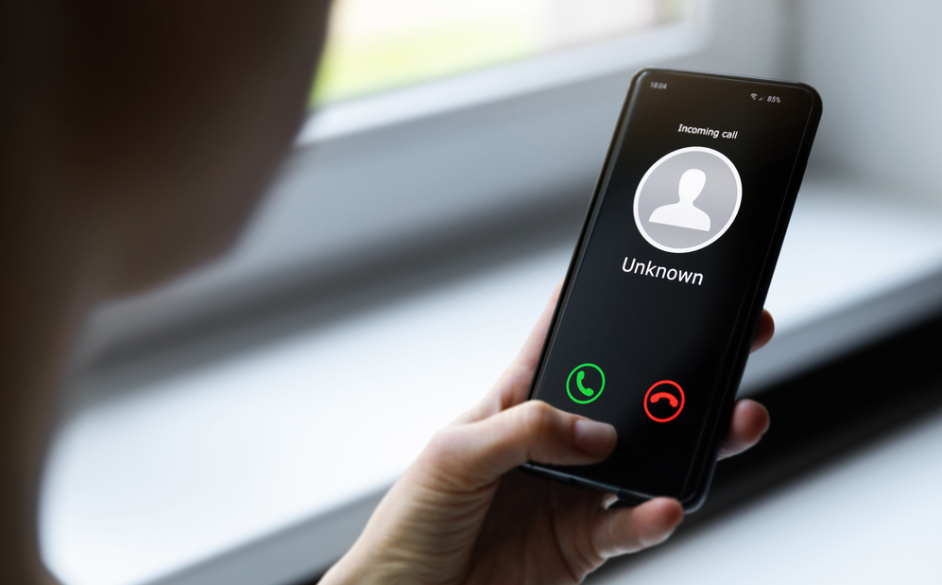It can be tempting to take the call or ring back, but for goodness’ sake, don’t.
Others are reading now
Phone scams have become more sophisticated and frequent, with fraudsters devising new ways to trick unsuspecting victims into revealing personal information.
This can open doors to sensitive data and, even worse, unrestricted access to your bank accounts.
Fortunately, with a few simple precautions, you can protect yourself from these scam calls and keep your information safe.
‘Wangiri’ Scams: A Single Call Could Cost You Dearly
According to Dagens, one of the most widespread scams right now is the “Wangiri” scam, where the fraudster calls briefly and hangs up after the first ring.
Also read
This trick preys on people’s curiosity or the expectation of an important message.
When the recipient sees the missed call, they might feel compelled to call back, which triggers the trap and can lead to hefty phone bills or the activation of costly services that drain the victim’s bank account.
Know the Dangerous Numbers: Avoid Calls from These Prefixes
Scammers often change their phone numbers to avoid detection. However, there are some international prefixes that should raise suspicion if you see them on your phone.
These prefixes include +255 (Tanzania), +371 (Latvia), +375 (Belarus), as well as +44 (United Kingdom) (If you are based in the UK, please disregard this), +53 (Cuba), +216 (Tunisia), +373 (Moldova), and +383 (Kosovo).
If you see a call from any of these numbers, you should ignore it immediately unless you are specifically expecting a call from one of these countries.
Scam Strategies: How Fraudsters Trap Their Victims
The calls often come at night or during work hours when you’re less likely to answer immediately. This increases the chance that you will call back later.
Sometimes, the scammers leave a message asking you to call back the same number.
When you do, they try to keep you on the line as long as possible to incur high charges.
How to Avoid Becoming a Victim
The best way to protect yourself is to ignore these calls completely.
If you receive repeated calls from the same number, you can block it. However, be aware that scammers often change numbers to avoid being blocked. Therefore, always be cautious of calls from unknown numbers and avoid calling them back.
In conclusion, by being aware of these scam methods and taking the necessary precautions, you can avoid becoming a victim and protect your personal information and finances.








